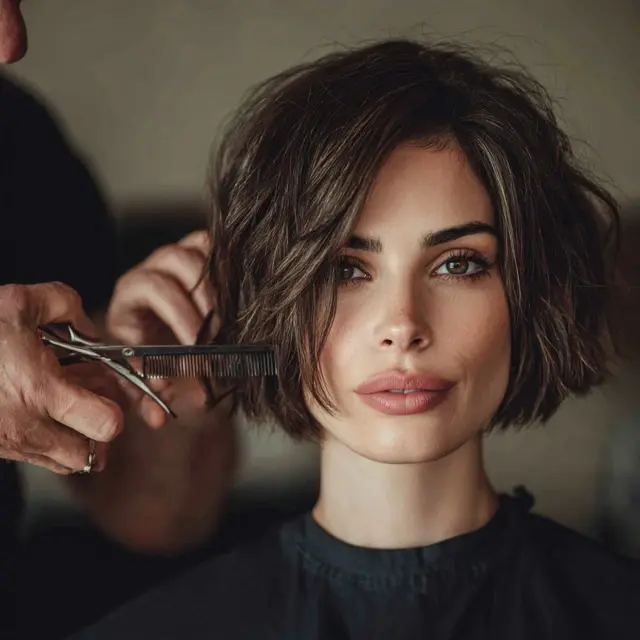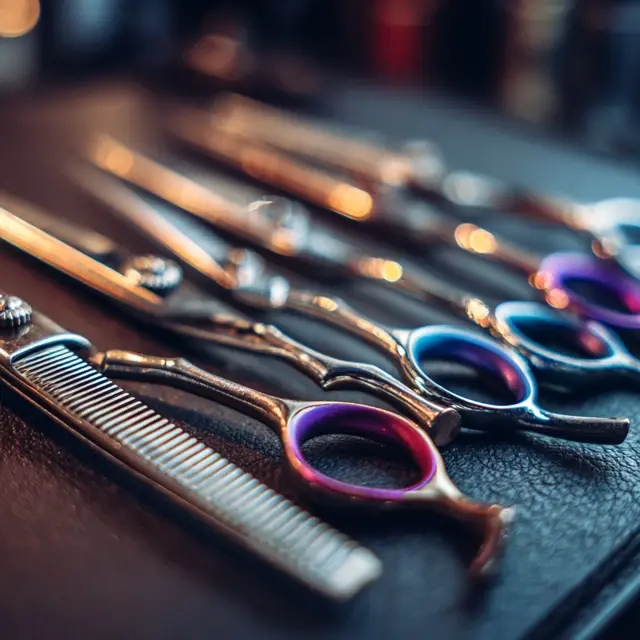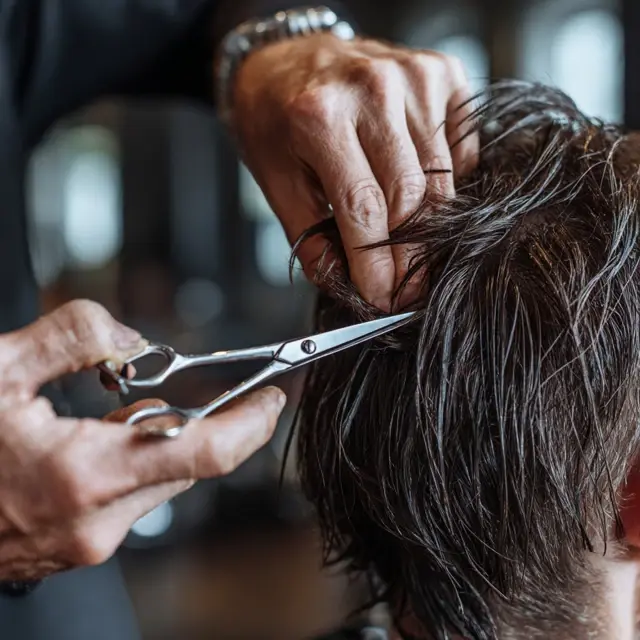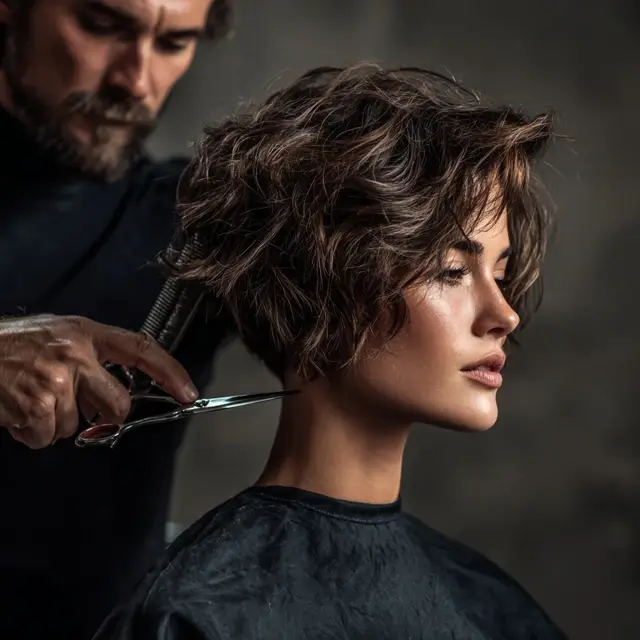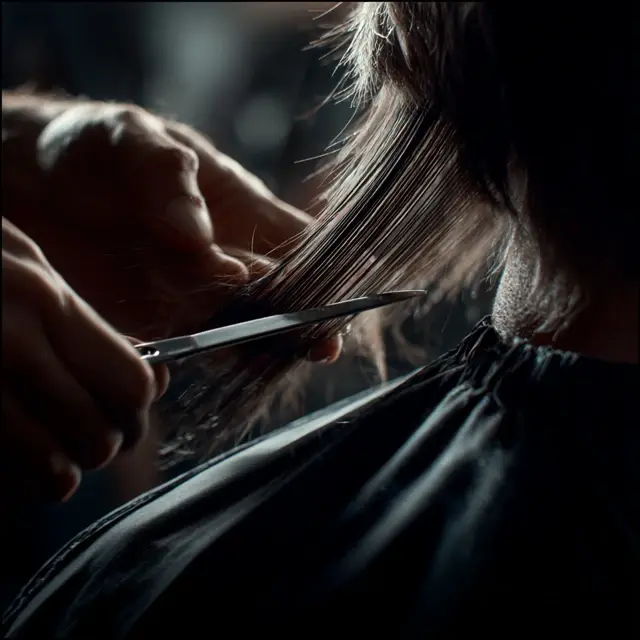How to Create Natural Looks with Texturizing Scissors
Natural-looking hairstyles never go out of style. While standard hair scissors provide structure and clean lines, texturizing scissors are the true key to softness, movement, and effortless flow. By strategically removing weight and adding separation, stylists can craft haircuts that look lived-in yet refined.
Why Natural Looks Matter
Clients increasingly ask for haircuts that feel easy to manage and look stylish without heavy styling. Natural looks achieve:
- Soft, seamless transitions between layers
- Volume and movement without stiffness
- A relaxed, wearable finish for everyday life
- Effortless styling that doesn’t require hours in front of a mirror
The Role of Texturizing Scissors
Unlike thinning shears, which are designed primarily to reduce bulk, texturizing scissors enhance dimension and separation. Their wider teeth remove hair in chunks, creating natural movement while preventing a heavy, blocky appearance.
Techniques for Natural Results
1. Point and Texture
By inserting texturizing scissors vertically into the ends, stylists soften harsh lines and create airy, feathered tips for a natural finish.
2. Mid-Length Softening
Working through the middle sections with texturizing scissors reduces density and encourages natural flow. This technique is ideal for layered bobs and shoulder-length cuts.
3. Face-Framing Highlights
Using texturizing scissors around the face ensures layers fall softly, highlighting features without creating a blunt, heavy look.
4. Creating Movement in Straight Hair
Straight hair can appear flat. Texturizing scissors add separation and subtle waves, making the style appear fuller and more relaxed.
When to Use Texturizing Scissors
These scissors are best used when:
- Clients request effortless, natural-looking styles
- Haircuts need depth and movement without visible lines
- Blunt cuts appear too harsh and need refinement
- Extensions require blending into natural hair
Tips for Success
- Work on dry hair to see how the texture falls in real time.
- Use light, controlled snips to avoid over-texturizing.
- Combine with professional hair scissors to create the base cut before refining with texturizing shears.
- Adjust tooth count based on desired results—fewer teeth for bold effects, more teeth for subtle softening.
Choosing the Right Tool
Not all texturizing scissors produce the same finish. For natural looks:
- 20–30 teeth: Balanced for everyday softening and flow
- Fewer teeth (10–20): For chunkier, more visible separation
- High-quality steel: Ensures smooth cuts without pulling or snagging
Conclusion
Texturizing scissors are the stylist’s go-to for creating natural, effortless looks. By blending layers, softening ends, and enhancing flow, these specialized hair scissors transform structured cuts into wearable, everyday styles. With the right techniques and tools, achieving a natural finish becomes second nature for any professional stylist.
